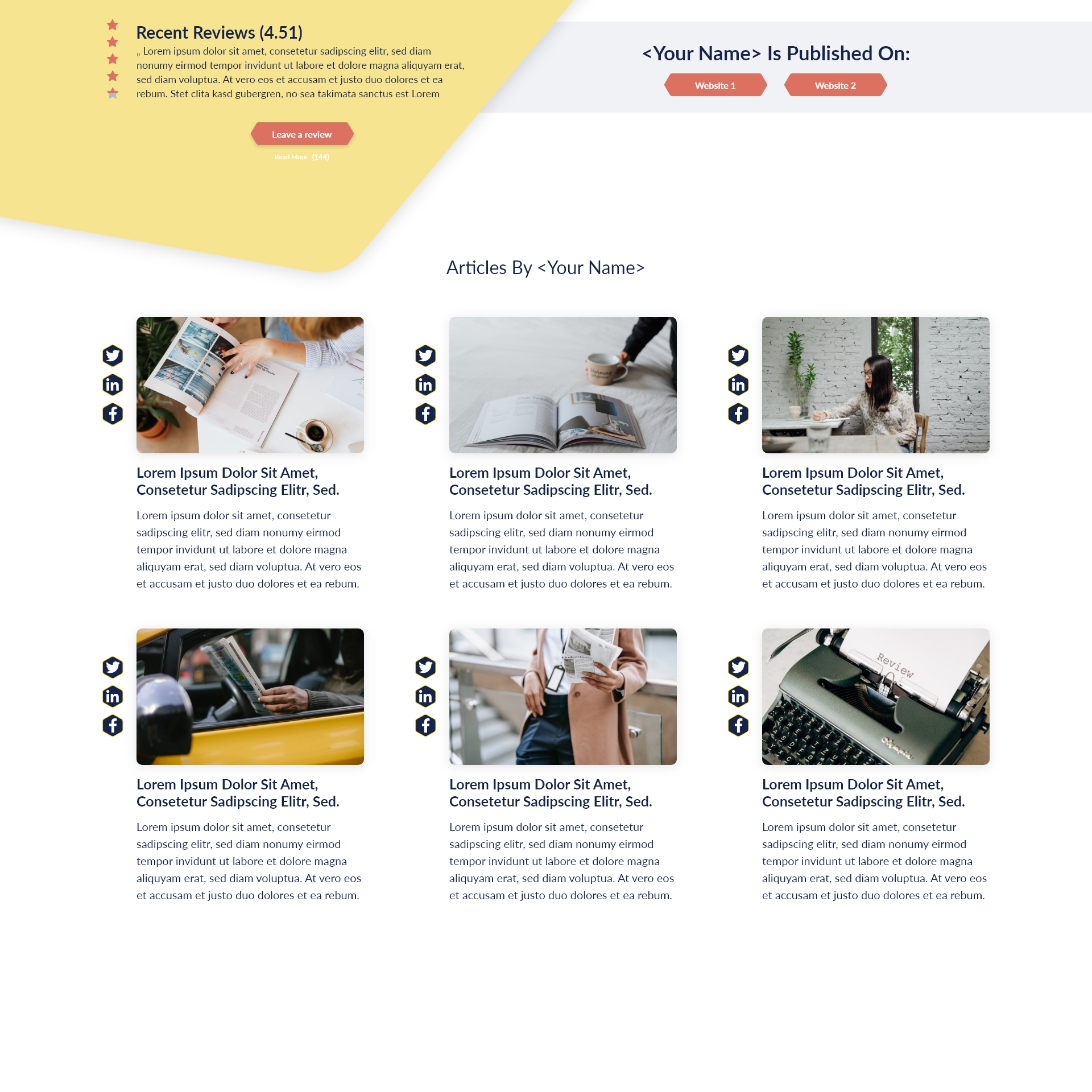Key Takeaways:
- Effective communication skills are vital for leaders to motivate and engage their teams.
- Implementing practical time management strategies can significantly enhance productivity and team morale.
In today’s fast-paced and often remote work environment, effective communication skills stand as the bedrock of successful leadership. Leaders need to motivate and influence their teams not just to achieve goals but to cultivate a culture of engagement that inspires creativity and innovation. In this article, we will explore the critical components of communication that empower leaders to connect with their teams, enhance productivity, and foster a positive organizational climate.
The Essence of Communication in Leadership
Communication is more than mere words exchanged; it’s about building rapport, understanding your team’s needs, and influencing their actions. Effective communication skills encompass verbal, non-verbal, and active listening techniques, all of which play a significant role in motivating your team and enhancing employee engagement.
How to Motivate and Influence Your Team Effectively
To truly motivate your team, you must first understand what drives them. Individuals are motivated by different factors: some seek recognition, while others are driven by personal growth or a sense of purpose. Here are some practical strategies you can implement:
- Understand Individual Motivators: Schedule one-on-one conversations to understand what each team member values most. Tailoring your approach to their motivations will help you influence them more effectively.
- Set Clear Goals: Use ‘SMART’ goals – Specific, Measurable, Achievable, Relevant, and Time-bound. This framework gives your team a clear direction and keeps them focused on what’s important.
- Frequent Check-ins: Regular feedback sessions provide opportunities to celebrate achievements and address any concerns, keeping your team aligned and motivated.
Top Communication Skills Every Leader Should Master
Effective leaders must develop strong communication skills, which include:
- Active Listening: Show your team that their thoughts and concerns are valued. This encourages open dialogue and builds mutual respect.
- Clarity and Conciseness: Being clear and to the point avoids misunderstandings, reducing the chances of errors and frustrations.
- Empathy: Understanding your team members’ emotions fosters trust and strengthens relationships.
Enhancing Employee Engagement in the Workplace
Engagement is closely linked to how well your team communicates and collaborates. Here are some strategies to boost engagement:
- Involve Team Members in Decision Making: Give your team a voice in decisions that affect them. This empowers them and increases their commitment to the work.
- Provide Continuous Learning Opportunities: This shows that you value their development, keeping them engaged and motivated.
- Recognize and Reward Contributions: Simple acknowledgments can significantly boost morale and encourage ongoing contributions.
Practical Tips for Time Management
Effective leaders know that good time management is key to maintaining an engaged and productive team. Here are some practical tips:
- Prioritize Tasks: Use techniques like the Eisenhower Box to separate what is urgent from what is important.
- Delegate Effectively: Trust your team with responsibilities. Delegation not only lightens your workload but also empowers your team.
- Utilize Technology: Leverage tools and apps designed to streamline processes, enhance communication, and keep team members organized.
Conflict Resolution Strategies for Team Harmony
Despite best efforts, conflicts may arise within any team. Here’s how to manage them:
- Stay Calm and Objective: In a conflict, a leader must remain neutral and help mediate the conversation.
- Listen Both Sides: Encourage each party to explain their perspective. Understanding both sides can often resolve the issue.
- Seek Solutions Collaboratively: Rather than dictating a solution, work with the team to brainstorm resolving ideas collectively.
Stress Management Techniques for Effective Leadership
Stress is an inevitable part of leadership, and how you manage it influences your team’s atmosphere. Techniques include:
- Model Healthy Behavior: Maintain a healthy work-life balance and encourage your team to do the same.
- Implement Regular Breaks: Promote taking short breaks to recharge focus and productivity.
- Encourage Open Conversations: Create an environment where team members feel comfortable sharing pressures or stressors without fear of judgment.
Delivering Effective Feedback to Boost Team Performance
Feedback is essential for growth. To ensure it is helpful:
- Be Specific: Instead of general remarks, provide actionable feedback with clear examples.
- Create a Feedback Culture: Encourage an ongoing dialogue about performance between team members, enhancing accountability and growth.
Embracing Diversity and Inclusion in Leadership
A leader must recognize that diverse teams bring varied perspectives and skill sets, which leads to better problem-solving and innovation. Actively promote inclusive practices by:
- Celebrating Cultural Differences: Acknowledge different holidays and customs in the workplace to create an inclusive environment.
- Fostering an Inclusive Culture: Encourage team-building activities that promote understanding and respect among all members.
Conclusion
Mastering effective communication skills, motivating your team, and managing stress are essential attributes for modern leaders. By implementing these strategies, leaders can cultivate an engaged workforce that drives results while enjoying their work. As you refine your communication approaches, remember: every conversation is an opportunity to inspire, connect, and influence your team’s success.








